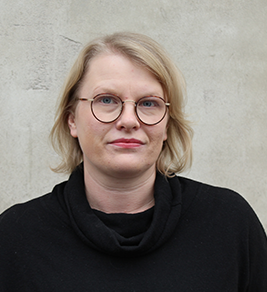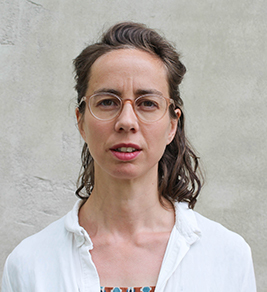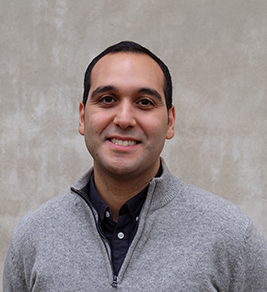There are various ways to create basis for good planning decisions. Today a key issue is how to involve and interact with citizens. However, there is still no empirical evidence on exactly how participatory practices influences planning processes, how frequently they are deployed and how they are designed. In view of the promises of the communicative turn, this lack of research is striking, and there is a clear need to elaborate how a democratic urban planning process can be envisioned and how current participatory practices can be developed.
The purpose of this project is a) to provide a knowledge base derived from a systematic mapping of implemented participatory initiatives in order to reveal the mechanisms involved in achieving just, legitimate and efficient processes, and b) to enable a transfer between this knowledge and interventions in key planning institutions.
The project will map and analyse the scope, form and impact of citizen participatory planning practices implemented in the three major metropolitan regions in Sweden in the period 2000-2014. Scope concerns the frequency, scale, geography and issues deliberated; form the institutional design (selection of participants, methods for communication and the link between deliberations and policy decisions); and impact the discursive and material outcomes for planning practice.
The project is a collaboration with several partners involved. The main research funding comes from The Swedish Research Council Formas, and additional funding from the Swedish Transport Administration and Mistra Urban Futures. All other partners contribute with in kind-support.




